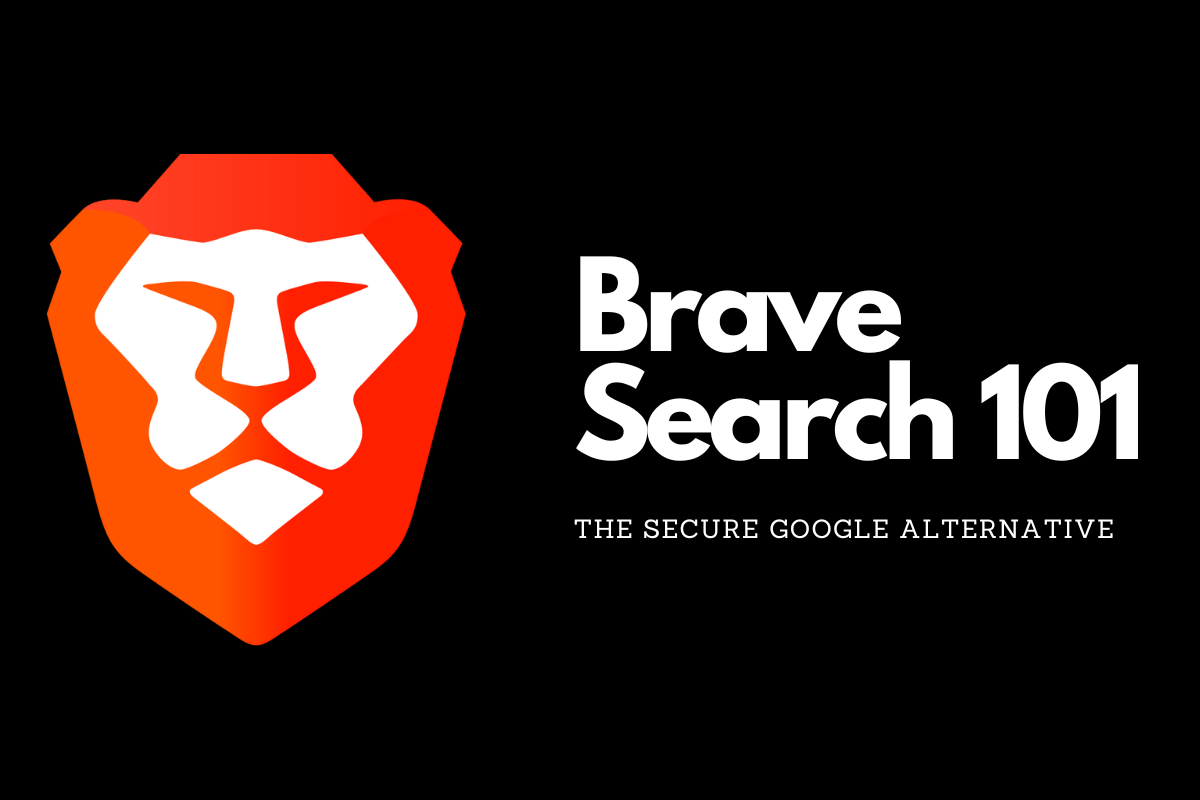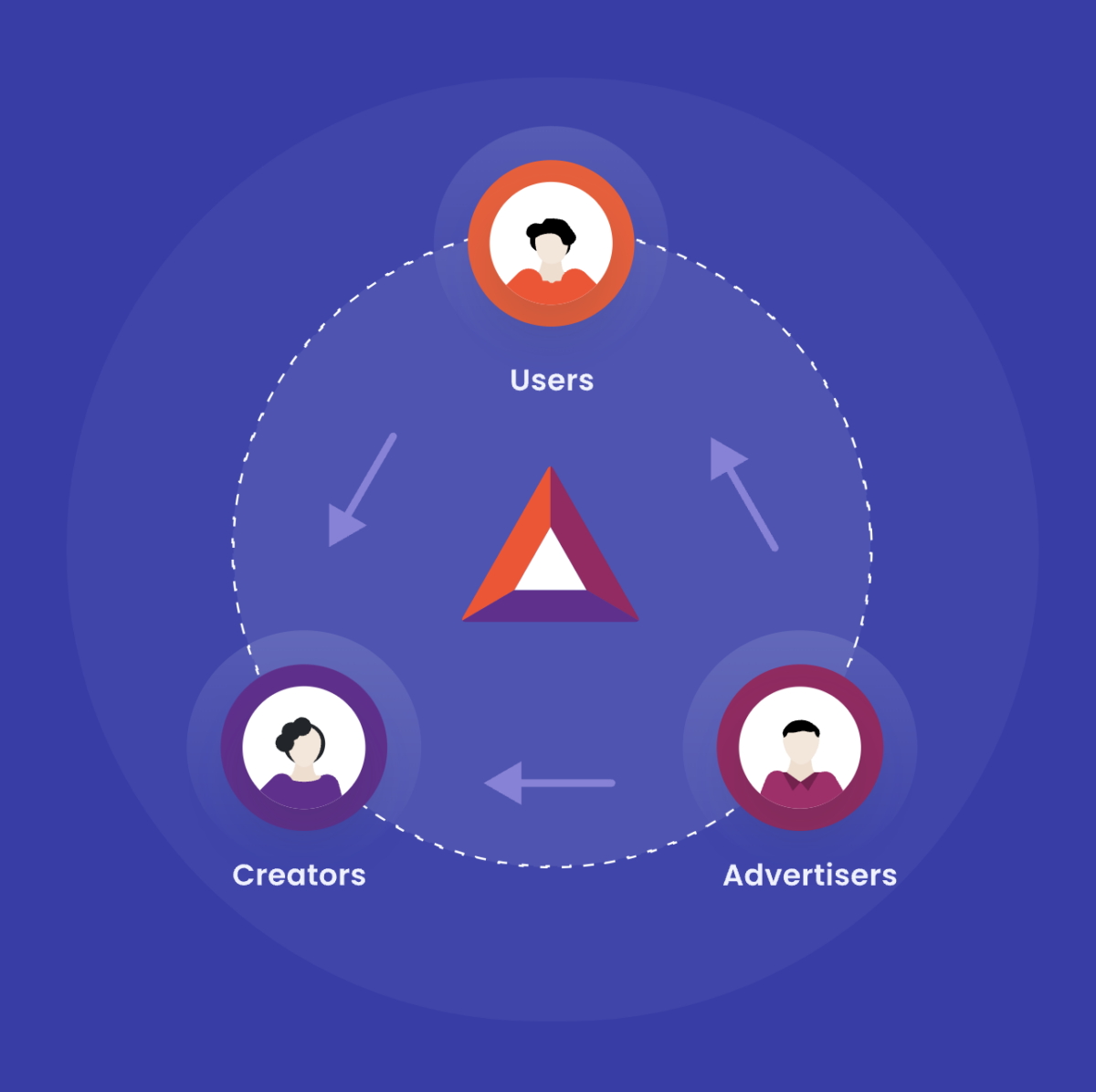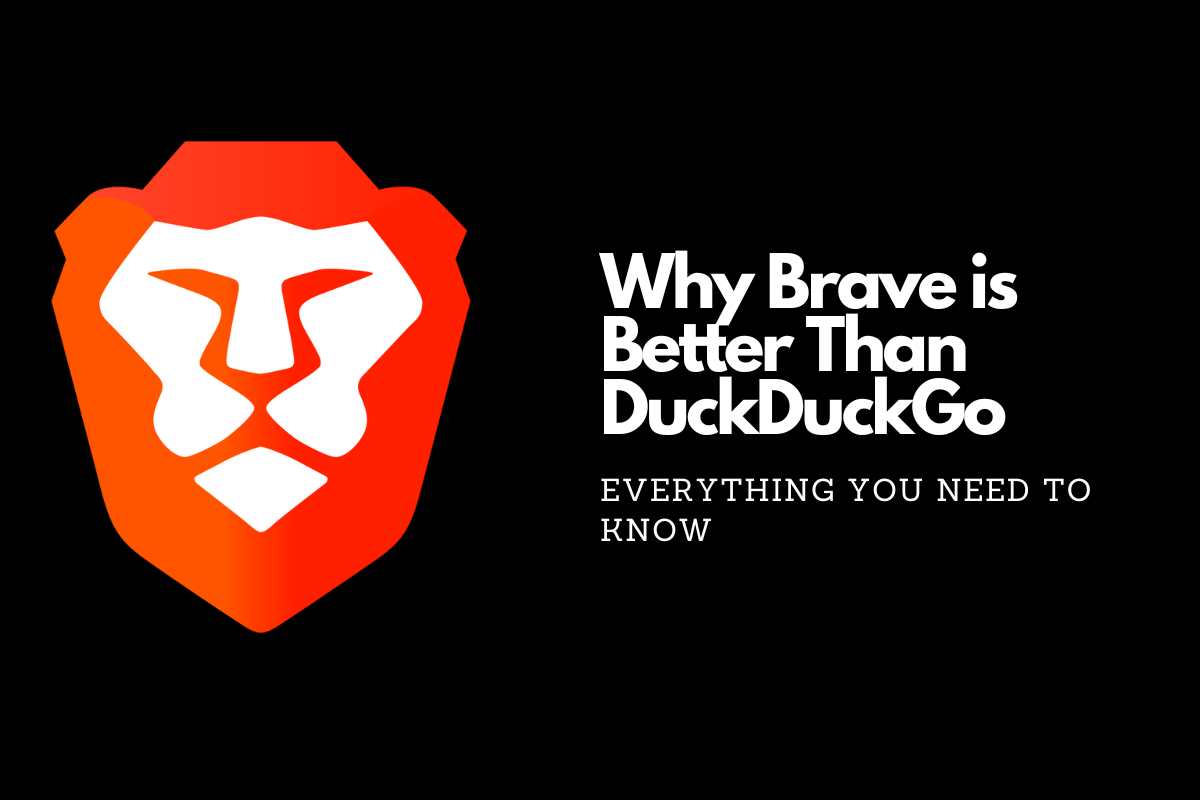Looking for the best privacy web browser on the market? Here’s why privacy experts think Brave is better than DuckDuckGo
Key Takeaways: Why Brave is The Best Privacy Browser
🔍 Privacy Concerns:
- Traditional search engines like Google and Bing track your every move.
- DuckDuckGo, powered by Bing, offers limited privacy.
🦁 Brave’s Solution:
- Brave Search doesn’t rely on Google or Bing, ensuring privacy.
- Brave Ads reward users with cryptocurrency for viewing ads, without tracking.
🔒 Privacy Features:
- Brave Shields block ads, trackers, and fingerprinting.
- Brave Search Premium offers ad-free browsing.
- Discussions surface relevant conversations.
- Goggles allow custom filtering.
- Brave Leo AI & Summarizer assist while keeping data private.
DuckDuckGo cut its teeth as the anti-Chrome browser. The entire point of DDG, as it is also known, was to give web browsers a private, non-tracked browsing experience free from cookies, ad scripts and all that other nasty stuff.
The company, which operates both a dedicated web browser and a search engine, has been around for ages now, steadily growing its user base from essentially nothing to hundreds of millions of active monthly users.
There have been controversies over the years, controversies about sharing data with Microsoft and censorship, but DDG has done all it can to counter these and reaffirm itself as the browser of choice for those that value privacy.
What Powers DuckDuckGo Search?

Part of the reason privacy experts tend to favour Brave browser over DuckDuckGo is that, DDG, unlike Brave, uses Microsoft’s Bing search engine, alongside a host of other sources to build its search index, whereas Brave offers a completely proprietary solution, free from both Google and Microsoft.
Because of this, when you use Brave with Brave Search, Brave can confidently say that NOTHING you do inside its ecosystem is tracked. On top of this, Brave provides things like a Tor-powered incognito mode that is completely private and anonymous.
Tor is like an invisibility cloak for browsing online but it does affect things like page speed and whatnot and for most people it simply isn’t necessary. If you’re a journalist or an activist, however, Tor is a godsend as it’ll protect you from all kinds of snooping, be it your ISP or government agencies.
“Brave Browser is a compelling choice for those seeking a harmonious balance between privacy and modern web economics. At its core, Brave is engineered with a staunch commitment to confidentiality, evident in its robust ad-blocking capabilities and anti-tracking measures… With limited AI chat capabilities, the browser’s VPN service and Brave Search further cement its position as a privacy-focused yet feature-rich alternative to mainstream browsers.”
Cyber News Reviews
The Anti-Big-Tech Search Engine

Global search is dominated by Google. Google controls over 90% of global search, and while Bing is making modest gains off of the back of Google’s waning quality, The Big G is still the de facto search engine for nearly 100% of people.
The problem with this, from a privacy perspective, is multifaceted: you have tracking scripts following everything to do inside Google, adverts which are powered by Google’s tracking tech, and all of your searches and clicks are linked to your Google profile which, in turn, is used to feed data to advertisers.
Bing isn’t much better. To be honest, Bing search is in better shape than Google these days from a quality perspective.
But it comes with all the same tracking and privacy issues which is why the ultra-cautious amongst security and privacy experts often pause for thought when recommended DuckDuckGo – it uses Bing.
Google failed to kill a lawsuit alleging that it secretly scoops up troves of internet data even if users browse in “Incognito” mode to keep their search activity private.
The consumers who filed the case as a class action alleged that even when they turn off data collection in Chrome, other Google tools used by websites end up amassing their personal information. A federal judge on Friday denied the Alphabet Inc. unit’s initial request to throw out the case.
Bloomberg
Brave gets around all of these issues by leveraging its own, custom search engine. There’s no Bing, no Google – although you can opt to use these in Brave if you wish.
With an independent index covering over 10 billion pages, Brave Search serves the vast majority of results without any reliance on Google or Bing. This gives Brave an edge in terms of privacy, as it can confidently state that nothing you do within its ecosystem is tracked.

Another area where Brave shines is in its ideas about how online advertising should work. Traditional search engines like Google have built their empires on the back of user data, offering free services in exchange for the right to track your every move and serve you targeted ads.
Brave flips this model on its head with Brave Ads. Instead of collecting your data and selling it to advertisers, Brave keeps everything on-device and rewards you for viewing privacy-respecting ads with its Basic Attention Token (BAT) cryptocurrency.
This not only protects your privacy but also gives you a share of the ad revenue, creating a more equitable and transparent online advertising ecosystem.
Beyond its search engine and ad platform, Brave offers a range of features designed to enhance your privacy and security online. From its built-in ad and tracker blocking to its Tor-powered incognito mode, Brave provides an insanely robust suite of privacy tools for browsing the web securely and privately.
Other Notable Brave Privacy Features
- Brave Shields: A customizable set of protections against ads, trackers, fingerprinting, and other privacy threats.
- Brave Search Premium: An ad-free search experience for a small monthly fee.
- Discussions: A feature that surfaces relevant conversations from forums and communities directly in your search results.
- Goggles: A tool that lets you create custom filters and rules for your search results.
- Brave Leo AI & Summarizer: An AI-powered assistant that can summarize web pages, answer questions, and help with a variety of tasks, all while keeping your data private.
The Bottom Line

While DuckDuckGo is certainly a step up from mainstream browsers in terms of privacy, Brave takes things to the next level with its independent infrastructure, user-first business model, and wealth of privacy-enhancing features.
For those who truly value their online privacy and want to escape the clutches of Big Tech, Brave is the clear choice. With its fast performance, customizable features, and commitment to protecting user data, Brave is quickly becoming the go-to browser for those that value privacy and a means of browsing the web without being tracked and monitored.


